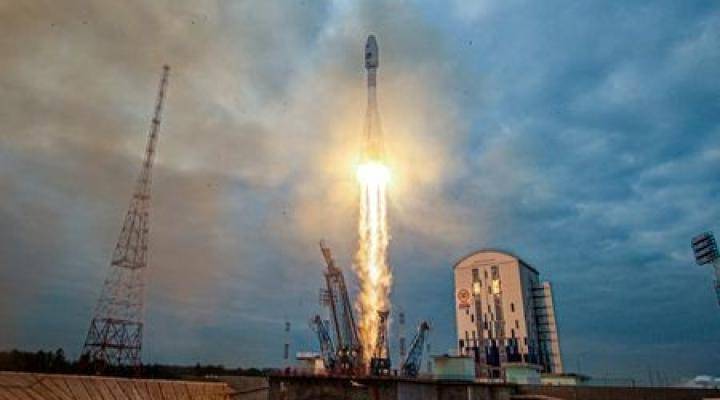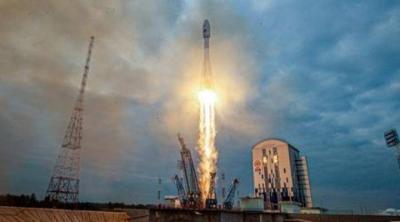Russia announced today, Tuesday, that a malfunction in the control unit aboard its first spacecraft sent to the moon caused it to crash on the lunar surface and led to the mission's failure in August. They added that they are considering accelerating the timeline for two other missions.
The first Russian moon mission in 47 years failed on August 19 when the Luna-25 spacecraft crashed, extinguishing Moscow's hopes of surpassing India, which landed its spacecraft on the unexplored south pole of the moon on August 23.
The Russian space agency (Roscosmos) stated that the control unit malfunctioned because the propulsion system was not turned off, which continued to operate longer than planned while the spacecraft was heading to the moon.
What happened highlights the decline of Russia's space capabilities since its days of glory during the Cold War competition when Moscow was the first to launch a satellite into orbit, Sputnik 1, in 1957. Soviet astronaut Yuri Gagarin also became the first human to travel into space in 1961.
Roscosmos head Yuri Borisov stated that an investigative committee has completed its examination of the malfunction and is preparing a report to present to the government. He added that Russia is determined to move forward with its lunar exploration program.
"Moreover, we are studying the possibility of proceeding with the Luna-26 and Luna-27 missions to achieve the results we need as quickly as possible," he said. The agency head did not specify any dates for either mission.
Russia had previously stated that Luna-26 would be an orbital mission while Luna-27 would be a landing vehicle equipped with a drilling platform. Russia and other countries are eager to determine the amount of frozen water near the moon's south pole, which could support human presence there in the future.




